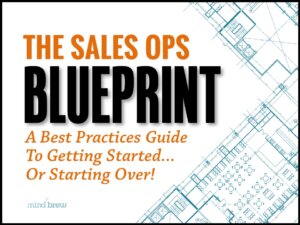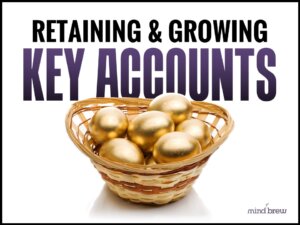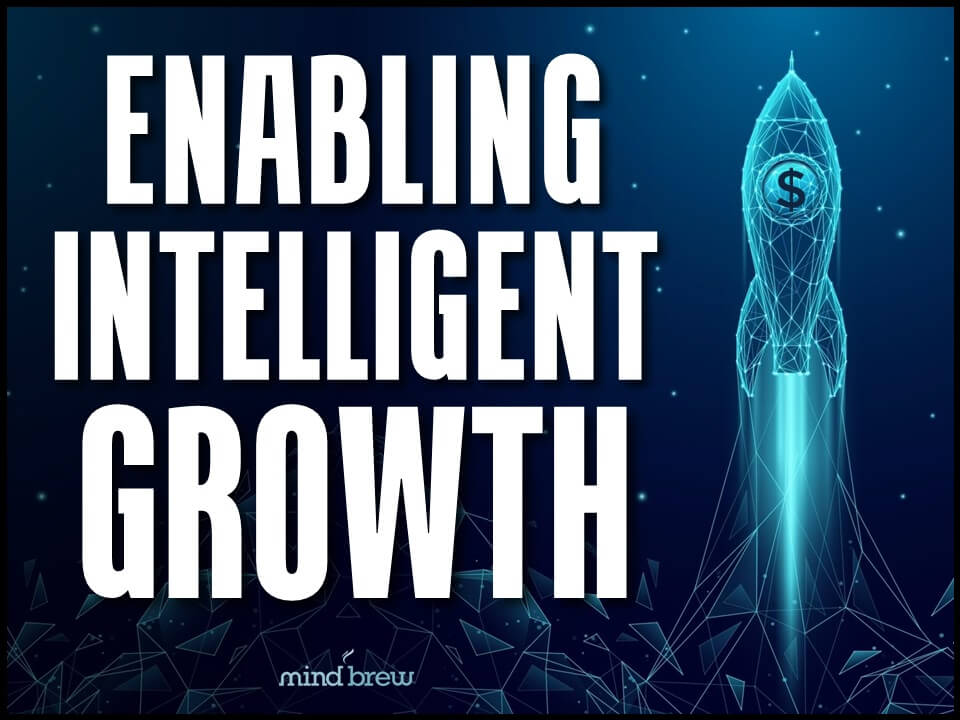Everywhere we turn, we’re being told that our sales operations need to be more customer-centric in order to compete. We hear again and again that we need to become more knowledgeable about our prospects’ businesses to better align to their problems and perceptions of value. And over and over, we’re told that we need to be able to “speak their language” in order to cut through the noise and increase relevance and rapport.
But while most groups are indeed taking steps in the right direction, there’s something that’s all too often being overlooked…
The issue came up recently in an Expert Interview with Julie Thomas of ValueSelling Associates. Our conversation was centered around how to make value selling a consistent and repeatable capability at-scale. And along the way, we discussed how the geo-based structures of many sales teams can sometimes work against our value selling objectives.
After the interview, I couldn’t get this issue out of my mind. And the more I thought about it, the more counterproductive geographic territory assignments seemed to be.
On the one hand, we know that we need to demonstrate a much higher level of knowledge and understanding of our prospects’ businesses and industries. We know we need to speak their language and effortlessly relate to their specific problems and circumstances.
But in many cases, we’re constraining our ability to do all of this in the interest of maintaining geo-based sales territories! And we’re maintaining these geo-based organizational structures even though technology has virtually eliminated the impetus for geographic proximity!
Here’s an example to illustrate what I’m ranting about…
A software provider has an opportunity with a large wholesale distributor in the building products industry. Over the years, the company has provided solutions to dozens of building products distributors, so this should be a slam dunk, right?
Not so fast…
The salesperson responsible for most of the past sales to building products distributors is on the east coast. This new opportunity, however, is with a company on the west coast. And the salesperson assigned to the western territory has very little experience with wholesale distributors, let alone distributors in the building products space.
By virtue of their intimate knowledge of this prospect’s particular business model and industry, as well as their experience with solutions sold to these types of prospects in the past, the east coast sales rep clearly stands a much better chance of closing this deal. And these days, since most of the interaction will take place via phone, email, and the web, the fact that she’s on the other side of the country is largely irrelevant.
But will the software provider put their best foot forward? In the interest of customer-centricity, depth of knowledge and understanding, relevance and rapport—not to mention close-rates—will the company match this opportunity to the most knowledgeable salesperson with the greatest chance of winning it?
Probably not. In fact, the sanctity of geographically-based sales territories is so hard-wired in most sales organizations that it probably won’t even occur to them how this “structural status-quo” is working against them and actually hurting their chances for success.












